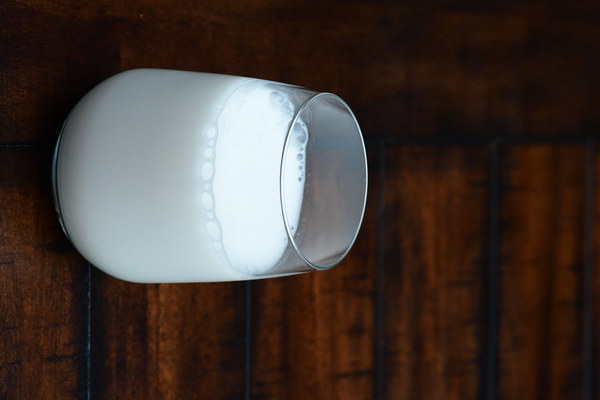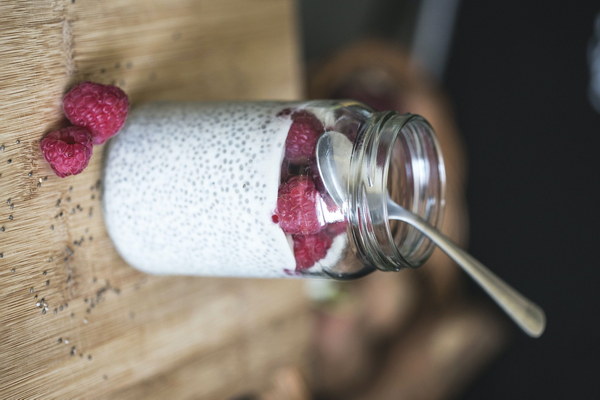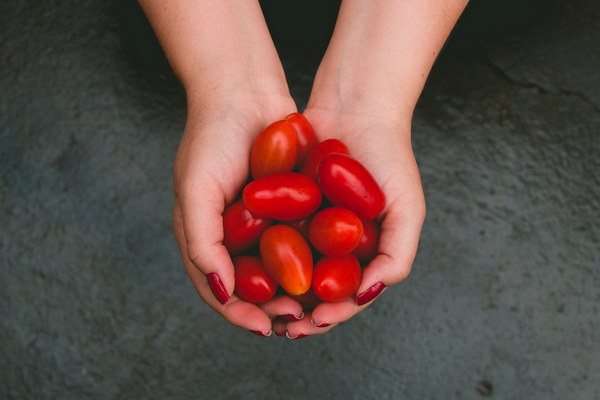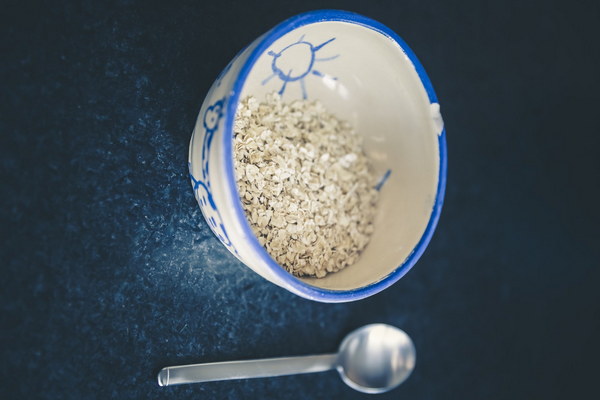Nourishing Your Childs Stomach A Guide to KidFriendly Digestive Tea Ingredients
In the pursuit of ensuring our children lead healthy and vibrant lives, one often overlooked aspect is the importance of a strong digestive system. Enter the world of children's digestive tea, a soothing and natural remedy that can help maintain a balanced gut. But what exactly are the key ingredients that make up this wellness wonder? Let's delve into the world of children's digestive tea and explore the natural elements that can support your little one's gastrointestinal health.
1. Chamomile Flowers
Chamomile is a well-known calming herb that has been used for centuries to soothe the stomach and reduce inflammation. Its gentle properties make it a perfect addition to children's digestive tea, helping to ease tummy aches and promote relaxation.
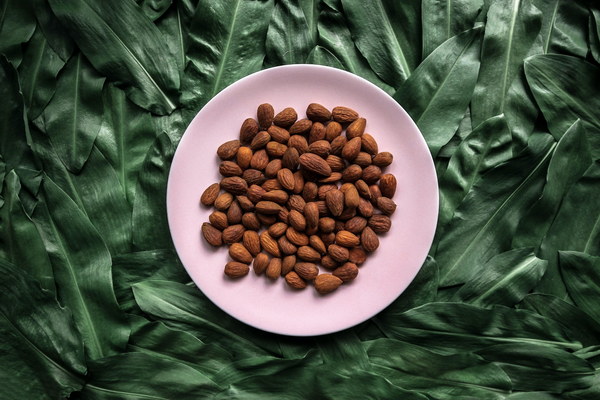
2. Fennel Seeds
Fennel seeds are a flavorful and aromatic herb that has been traditionally used to aid digestion. They contain compounds that can help to relax the muscles in the digestive tract, making them easier to pass through, and can also help to reduce gas and bloating.
3. Peppermint Leaves
Peppermint is another well-loved herb that is excellent for digestion. The menthol in peppermint can help to relax the muscles in the digestive system and increase bile flow, which aids in the breakdown of fats. It's also known for its soothing effect on the stomach, which can be particularly helpful for children who suffer from indigestion or irritable bowel syndrome.
4. Lemon Balm
This member of the mint family is known for its calming properties and can help to reduce stress, which in turn can alleviate symptoms of indigestion. Lemon balm is also believed to support the production of digestive juices, which can help to break down food more effectively.
5. Licorice Root
Licorice root has been used in traditional medicine for centuries to treat a variety of stomach issues. It has anti-inflammatory properties and can help to stimulate the production of mucus in the stomach, which can protect the lining and aid in digestion.
6. Dandelion Root
Dandelion root is a liver-supporting herb that can help to improve bile flow, which is essential for the digestion of fats. It's also rich in fiber, which can help to keep the digestive system regular and promote overall gut health.
7. Ginger
Ginger is a powerful herb that can help to settle an upset stomach. It contains compounds that can reduce inflammation and help to relax the muscles in the digestive tract. Ginger is also known for its ability to stimulate saliva and bile production, which aids in digestion.
8. Hibiscus Flowers
Hibiscus flowers not only add a vibrant color to the tea but also have been used traditionally to aid digestion. They are rich in antioxidants and may help to improve the function of the digestive system.
Preparing the Tea
To prepare a batch of children's digestive tea, start with a cup of boiling water. Add one teaspoon of each of the dried herbs (chamomile, fennel, peppermint, lemon balm, licorice root, dandelion root, ginger, and hibiscus), and let it steep for about 10 minutes. Strain the herbs out, and you have a soothing and beneficial tea that can be enjoyed warm or cold.
Conclusion
Integrating children's digestive tea into your child's daily routine can be a simple yet effective way to support their digestive health. With a blend of natural and nourishing ingredients, this tea can help to soothe an upset stomach, reduce bloating, and promote overall gut well-being. Always consult with a healthcare provider before introducing any new supplement or herbal remedy into your child's diet, especially if they have specific health concerns or allergies.
